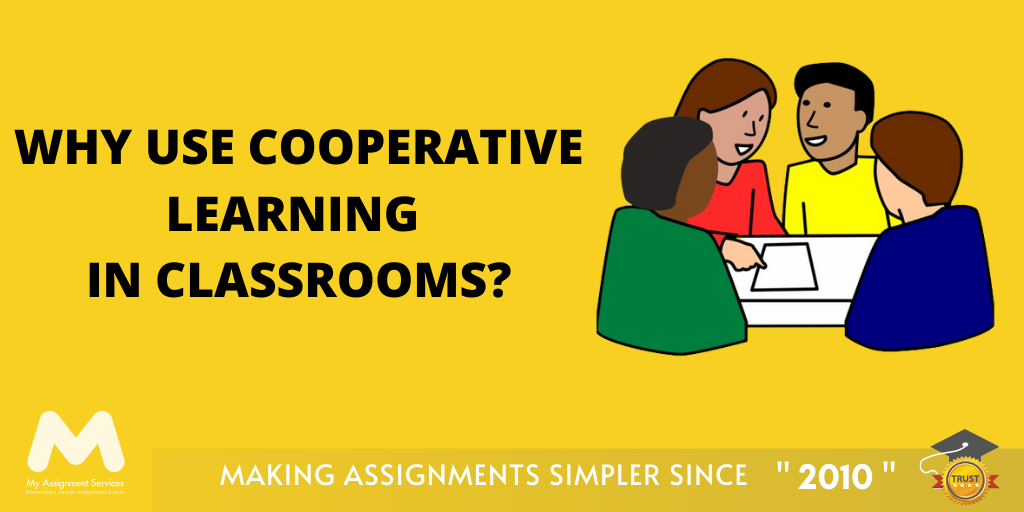
When you hear the word 'group projects', most of us would definitely feel the dread of working with supposed strangers and the disruption that entails in such projects. IF you feel the same, then you are no stranger to the misfortune of getting stuck in a group project that didn't end well for you.
The ones that had a great time in their group working opportunities are the exceptions and epitome of right working dynamics. Cooperative learning is a learning method in which students are required to work in small groups to meet the objective under their teacher’s guidance.
Switching the teacher's role from presenting to group facilitation helps to develop this social atmosphere in which students can learn by engagement.
Cooperative learning provides a leeway for students to learn and apply the thing they perceive in a work environment that aims to replicate a professional work setting. Doing so allows students to participate, interact and work in groups that help build skills for their professional life.
Teachers can guide students concerning their core skills of communication, social interaction, and soft skills. Such skills are valuable for success in personal life and work. Integrating cooperative learning in school helps students conduct themselves with confidence in social interactions and learn to work in cooperative settings.
The cooperative learning methods don’t abide by certain structures and can be implemented in different schools and education institutions. In this blog, we discuss the functioning of cooperative learning and see a few cooperative learning examples.
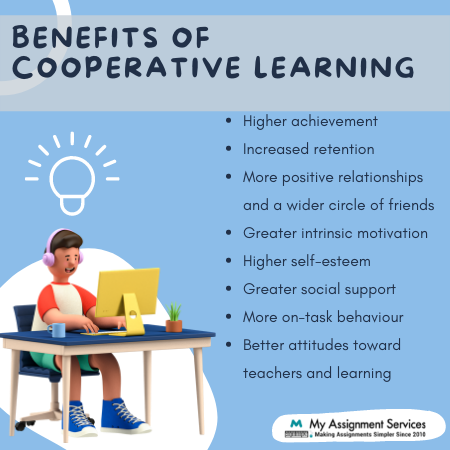
What are the Five Elements on Which Cooperative Learning is Based?
The more interactive a class is, the more the learner tends to feel engaged mentally and emotionally. Cooperative learning is the basis of many interactive and active procedures. It is based on students supporting and sharing ideas in small groups to enhance personal and group learning. The five elements of cooperative learning are:
Positive Interdependence
In this study form, students are divided into groups to achieve a common objective, and they do get the instructor's support in case of doubt. But, the students of a group must work on the problem/question within the group by sharing their knowledge; such actions support positive and constructive interdependence.
Individual Accountability
Students who work in groups sharing ideas and solutions are responsible for their group's performance and how well their group is doing compared to others. Evoking a sense of challenge in students helps develop individual accountability and supports individual participation without making it an intense competition.
The origin of cooperative learning dates back to the early 1980s with a few publications of the meta-analysis, including 122 studies on the effects of cooperative learning.
Equal Participation
Individual participation results in team members supporting each other’s productivity, ideas and efforts. Sharing ideas in such a way provides opportunities for equal participation and helps discard the possibility of any student slacking or depending too much on his teammates.
Interpersonal And Small Group Skills
Working in groups/cooperative learning promotes opportunities to elevate personal and group skills, and also it helps students keep track of the progress of the team. Such a cooperative and interactive learning method is proven to help students learn to implement their learning faster than in a more personalised and controlled setting.
Group Processing
Group processing refers to the tasks/objectives that the group must achieve in a given time. The instructors often ask the group members to list a few of the contributions each member made to help the group succeed and how they can improve in the future. Discussing such targets and feedback on their group functioning help students interact more effectively.
These are the five main elements that are the basis of cooperative learning, and the point to remember is that these are not the basic structure of how such a learning process works; rather, it is just the learning process and its outcomes. The learning process can be designed to fit the need of the course or the number of students. We'll discuss this in more detail as we go through some of the cooperative learning examples.
Get academic writing help from professional writers as there are various requirements for assignments. Get live guided sessions to write your work in real-time with assistance from our experts. Enrol today to get started.
What are the Benefits of Cooperative and Collaborative Learning?
Cooperative learning methods have many advantages for students as they can be designed or remodelled as per the requirement of the course and especially for students with special needs. These are the benefits of cooperative and collaborative learning.
- Students can achieve higher grades as they gain skills and learn ways to implement them in the future.
- Cooperative learning methods have resulted in increased academic retention rates as students gain more implied skills than just theoretical knowledge.
- It helps students gain meaningful friendships and increase their social network, which will also be beneficial for them in the future.
- Students develop more intrinsic motivation in their studies due to increased interaction with other similar-minded people.
- Helps individuals attain more self-confidence and provides an opportunity to hone personal skills.
- It results in increased social support from the mentored and the students from the same field as students support ideas and objectives.
- Individuals develop first-hand skills for assigned tasks, and it is also totally task-focused.
- Students develop a positive attitude toward teachers and learning in general.
Competition is useful only up to a certain level, but cooperation is something that we must strive for every day; it begins where competition leaves. Quotes by Franklin D. Roosevelt
The benefits of cooperative learning are many more as the learning is more implied than book-learned. Students learn and apply practical skills to hone required for their future profession. Although cooperative learning can be modified as per the course requirements, the skills developed in such learning methods are not specific. Students develop various skills and traits.
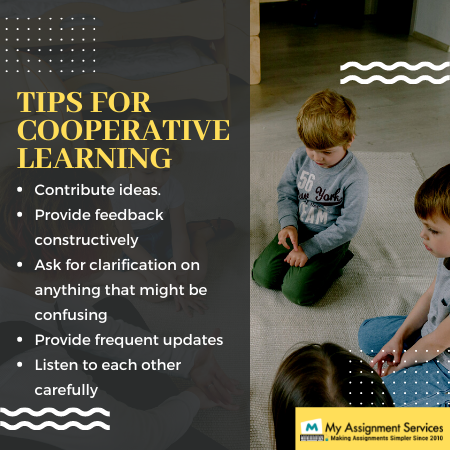
Is Cooperative Learning Effective?
Putting students in small groups and waiting for them to develop a group dynamic will not necessarily support cooperation. The teammates might struggle with their respective tasks, and discord can arise; members may disagree on objective demands and management. Such a learning process involves dealing with conflicting opinions among students who may contribute little to the group.
On the other hand, cooperative learning example studies show that students with special needs might face the same issues as normal students when working in groups. Students are not keen on nominating their classmates for specific tasks or leadership roles. Many of them preferred working with those they were familiar with or alone. Yet, such models have shown positive results in their inclusion and social interaction.
Made it to the end? Hopefully, you liked this blog. Get academic writing help from experienced professionals who have been guiding students for more than a decade now. You will get drafting, writing, editing, ect help at affordable prices. Also, when you fill out the enrollment form, you get access to our vast digital library, where you get free of cost sample solutions and other academic resources.
Related Study Materials
Our Experts can answer your Assignment questions instantly.
Ask Question0 Comment
Get It Done! Today
1,212,718Orders
4.9/5Rating
5,063Experts





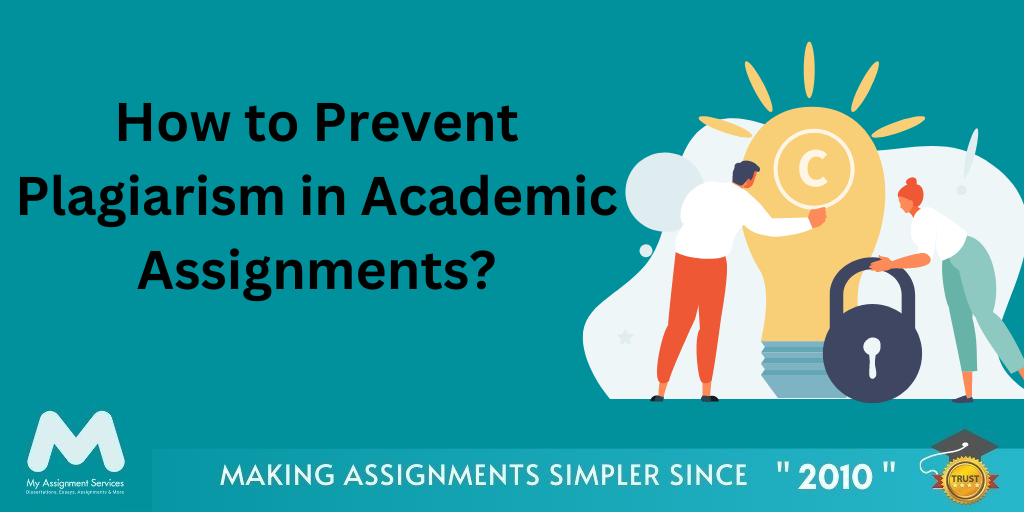
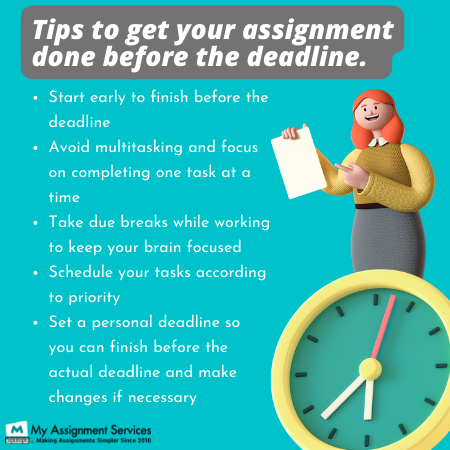
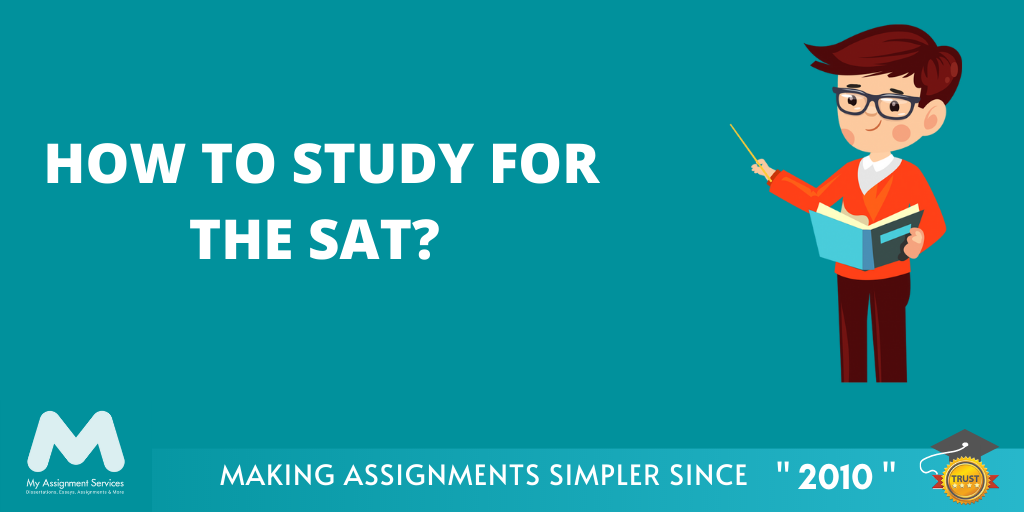





Loved reading this Blog? Share your valuable thoughts in the comment section.
Add comment